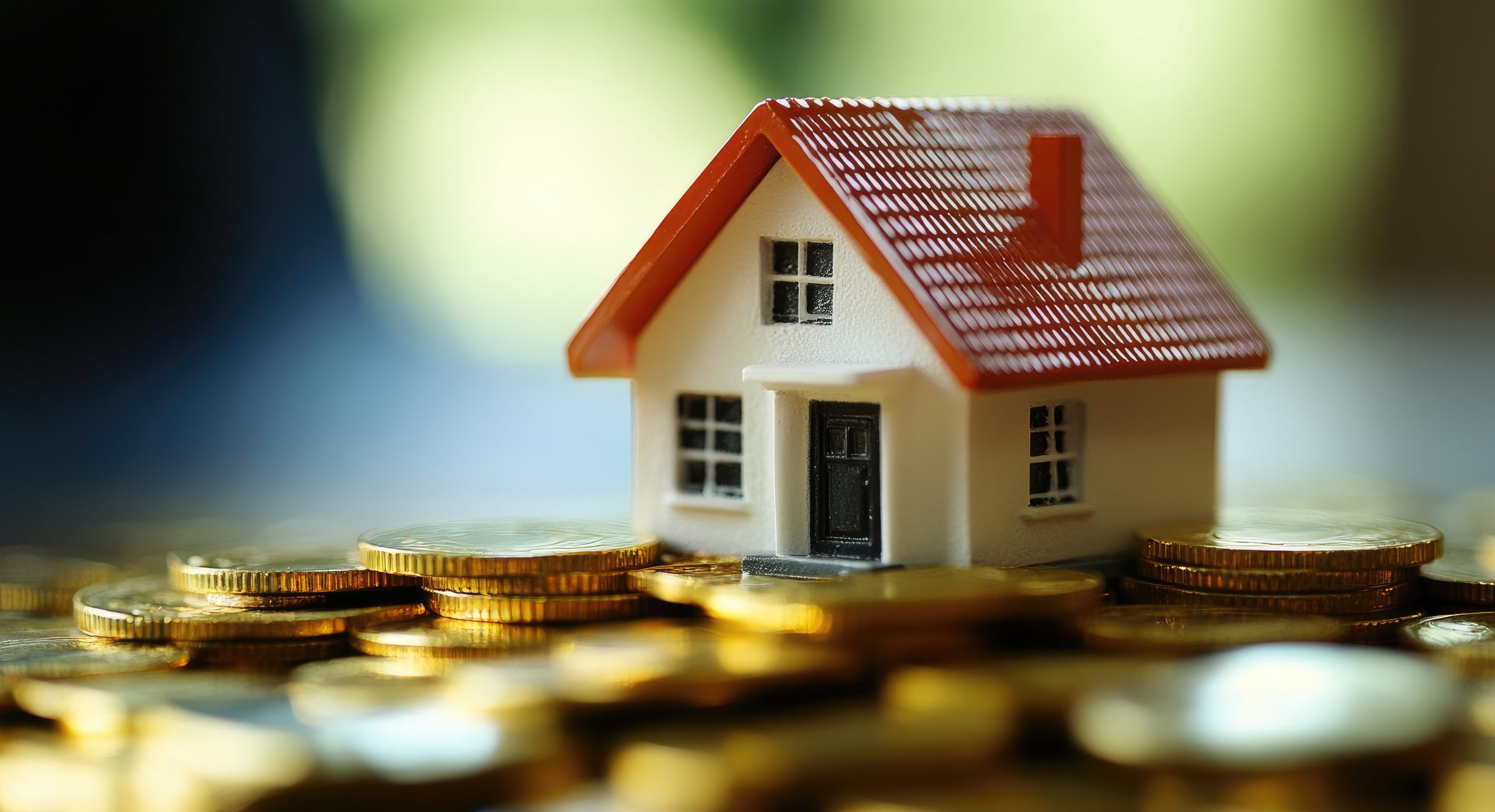Budgeting Tips for Long-Term Renters
The Reality of Long-Term Renting
Are you one of the many Canadians who rent their homes long-term? According to a recent report, 33% of Canadians rent their homes, making it a common and viable option for many people. While renting can offer flexibility and freedom, it also comes with its own set of financial challenges and expenses. To make the most of your money, it’s essential to budget effectively as a long-term renter.
Calculating Your Total Housing Costs
When setting up your budget, it’s crucial to calculate all of your housing costs, not just your monthly rent payments. Some expenses you may not consider include:
- Utilities: electricity, water, gas, and internet
- Tenant’s insurance: covering the cost of your belongings in case of loss or damage
- Other miscellaneous expenses
Failing to budget for these added costs can leave you short each month. By accounting for all of your expenses, you can build a more accurate budget that reflects your current financial reality.
Additional Expenses to Consider
In addition to your monthly rent payment, here are some other expenses you may need to consider:
- Furniture and appliances: While you may not own your home, you may still need to purchase furniture and appliances for your rental.
- Renovations: Depending on your rental agreement, you may be responsible for certain renovations or repairs.
- Moving costs: If you need to move to a new rental property, you’ll need to factor in the cost of moving.
- Pet deposits: If you have pets, you may need to pay a pet deposit.
How to Save Money on Your Household Energy & Electricity Bill
Did you know that you can save money on your household energy and electricity bill? By following simple tips, such as:
- Turning off lights and appliances when not in use
- Upgrading to energy-efficient appliances
- Using power strips to reduce standby power consumption
You can reduce your energy bill and save money in the long run. For more tips, click here to read our blog post on how to save money on your household energy and electricity bill.
Conclusion
Budgeting as a long-term renter requires careful consideration of all your expenses, not just your monthly rent payment. By calculating your total housing costs, accounting for additional expenses, and finding ways to save money, you can make the most of your money and achieve your financial goals.
Frequently Asked Questions
Q: Why is it important to budget as a long-term renter?
A: Budgeting as a long-term renter helps you to accurately account for all your expenses, ensure you’re not overspending, and make the most of your money.
Q: What are some common expenses that long-term renters may forget to budget for?
A: Some common expenses that long-term renters may forget to budget for include utilities, tenant’s insurance, and miscellaneous expenses.
Q: How can I save money on my household energy and electricity bill?
A: You can save money on your household energy and electricity bill by turning off lights and appliances when not in use, upgrading to energy-efficient appliances, and using power strips to reduce standby power consumption.
Q: What is tenant’s insurance, and why do I need it?
A: Tenant’s insurance covers the cost of your belongings in case of loss or damage. As a renter, you may be required by your landlord to have tenant’s insurance.
Q: What are some other expenses I should consider when budgeting as a long-term renter?
A: Other expenses you should consider when budgeting as a long-term renter include furniture and appliances, renovations, moving costs, and pet deposits.
Author: nomoredebts.org
Orginal Source link

